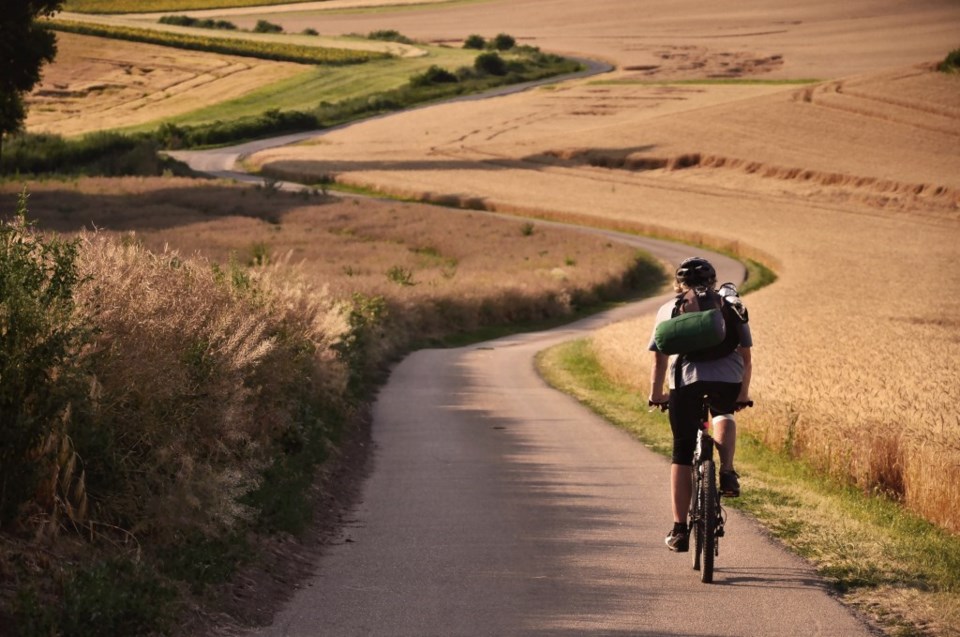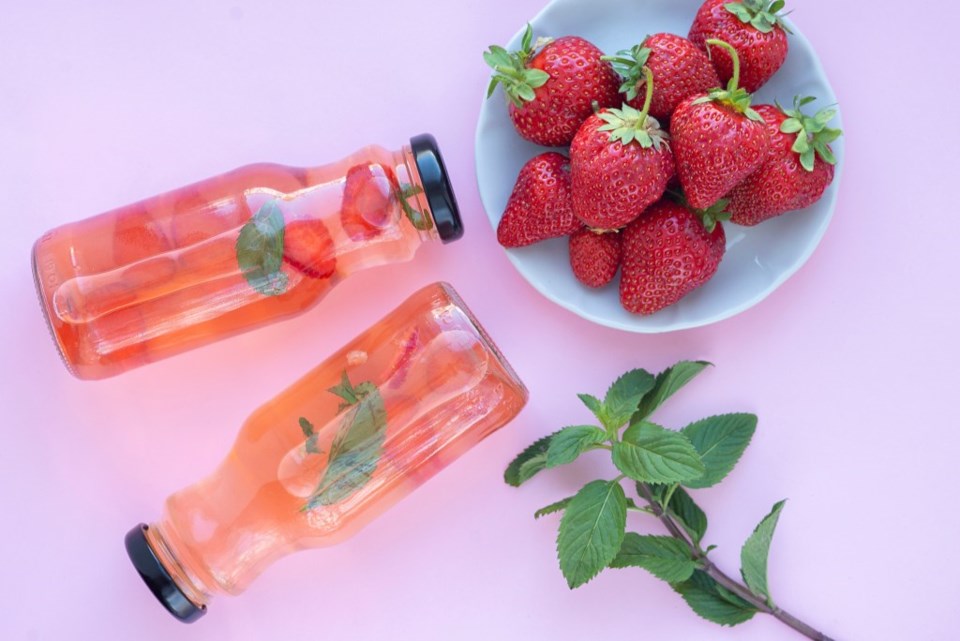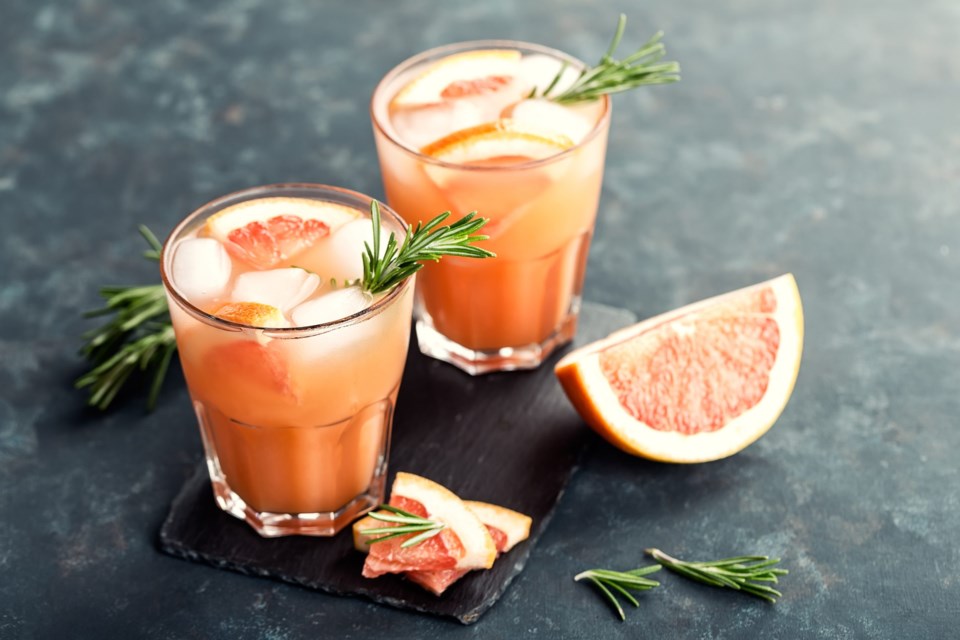Dry January might be one of the timeliest challenges out there. For many, the end of the year finds them celebrating more than the usual amount — from bountiful Christmas dinners to New Year’s Eve parties to gatherings with friends. People’s social lives seem to accelerate. And more often than not alcohol is involved, after all, January 1 is not National Hangover Day for nothing.
While keeping one’s promise of never drinking again doesn’t always work, staying on track with smaller goals could still be a challenge, but, according to the British Journal of General Practice, one worth taking.
Since its first iteration in 2013 in the UK, Dry January has been adding new participants every year that testify on the benefits of abstaining from alcohol for 31 days straight. Some claim they sleep better, feel more energetic, lost weight and even noticed their skin and hair improved.
Even if testimonials aren't enough for you, studies seem to agree. In 2015, for example, the Royal Free Hospital in London found positive physiological effects to be gained from participating in Dry January calling the results of the research “staggering.”
According to a preliminary study, “the volunteers lost 40% of their liver fat, lost 3kg [or 6.6 pounds] in weight, had reduced cholesterol and lower glucose levels.” Whoa! Sign me up!
Easier said than done.
Although in recent years alcohol consumption is in decline, many if not most social gatherings involve alcohol and a whole 31 days of sobriety might be daunting, even more so when you bite more than you can chew with your New Year's resolutions.
So how do you stay on track with your Dry January goals? Here’s what the experts say:
Have a Plan

When preparing yourself for Dry January, quitting cold turkey is not always the best idea. Instead of jumping right away, have a set of smaller goals like reducing the number of drinks per week and progressively moving to sobriety. But additionally, it might be good to make plans to help you avoid temptation. What to do if a friend invites you to an event where alcohol is available? Not go? Rather, practice saying no and think beforehand about what alternatives will be there for you — if the bar doesn’t serve mocktails, soda with a lime slice looks just like any other cocktail.
Tell Your Friends

Having a support system is important, don’t be afraid of asking for help when you need it. If you find that you are struggling to keep up, phone a friend or look for support groups online. Additionally, a study found that people that make public commitments to Dry January are also more likely to stick with it. So try and overcome the fear of failing and tell others. You never know, they might join you! According to the research, Dry January’s growth could be attributed in part to “social contagion” and doing the challenge with a friend could make all the difference. And keep in mind, you don’t need to have a problem to take a break.
Keep a Diary

Keep track of the changes you notice. Having a record of the before and after can be encouraging in times of weakness. You can also keep a record of the reasons why you started the challenge to remind yourself of your motivations. Maybe you know this before you start, or you discover this as you go, in any case having a journal may reveal why you drink in the first place. Try and think what are the things that really make you go for a drink. What are your triggers? This could be the key to staying on track and planning ahead for tempting times.
Be Compassionate with Yourself

Be prepared for slip-ups and be ready to forgive yourself and pick up right where you slipped. Instead of beating yourself up about the one drink you had, try and think why it happened and add it to your Dry January diary. Next time the situation emerges, you’ll be better equipped to handle it.
Make Plans for Fun Activities

Now that you are not at the bars so much there’s some free time on your hands. Take advantage of that! If heavy drinking with friends made your Sunday mornings useless, now you’ll have 4 to 6 extra hours every weekend to exercise, read books, walk around or visit your favorite parks. If you need ideas, check our weekly round-up of activities in Collin County or sign up for our weekly newsletter and you’ll always have something planned.
Find Alternative Drinks

Sober drinks are nothing new. When Americans were forced to Dry January all year long during the prohibition, the temperance movement encouraged the production of new drinks and you still can check their recipes to get inspiration. Fortunately, today the low and no-alcohol industry is flourishing and nonalcoholic beverages are more available than ever. There is so much more than Coke out there — sour and refreshing soft drinks, mocktails, nonalcoholic beers and beverages made with adaptogens can help you fill the space left by your regular beer or favorite cocktail. Try out new recipes and make your own as you find what works and what doesn’t.
This story was originally published on Dec. 26, 2023.




